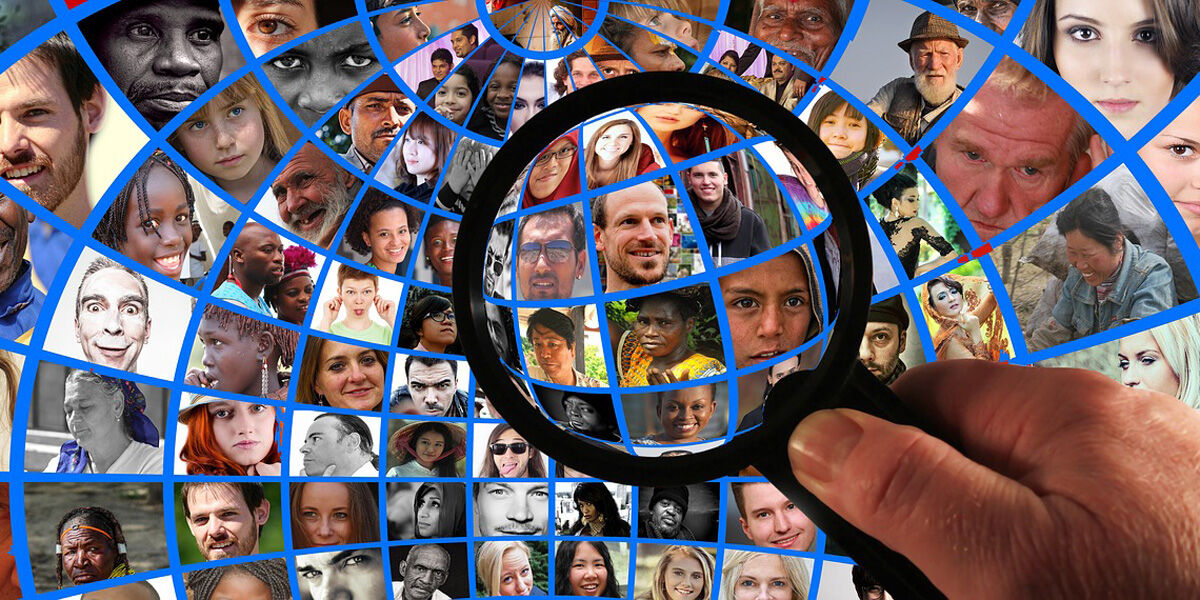New technology usually brings us new and better ways of doing things. With new medical procedures, devices to make our lives easier, and the ability to communicate instantly, we can do much more than previous generations. There is; however, a trade off to almost every new type of technology. One of the victims of this has been our idea of privacy.
AI, artificial intelligence, is one of these new types of technology. There are about 120 million smart speakers in the United States – a number that is on the increase. This type of access to AI including Alexa, Siri, and Google have changed our lives.
Law enforcement has also been considering ways that AI can be used for their jobs. In the United States and Canada over 600 departments are now using or planning to use AI facial recognition technology. This has raised concerns and in a number of places this use of AI is being restricted.
DIG DEEPER
A little known company called Clearwater AI has been developing software for law enforcement purposes. The concept is not new – it’s called “data scraping” and has been around for awhile. Their implementation of this concept with AI is new.
Data scraping is a process in which a company goes across the Internet for the sole purpose of compiling information. The idea being able to get as much information as possible on a given subject. In this case the data would be photographs and videos.
The software goes out and collects Internet data, such as photos and videos, “en masse”. This information is then stored. When law enforcement has a video or a photo of a crowd scene (or another image with people’s pictures) this can be compared by Clearwater’s software. It then matches law enforcement image data with the information it has captured and is able to identify most of the people in the crowd.
A major part of the concern seems to be lack of oversight. Even in jurisdictions where people generally trust the police, it is easy to use this type of technology in ways that are of concern. An example of this would be in a demonstration and police being able to identify everyone in the crowd – even if the demonstration is peaceful.
Clearwater seems to violate privacy policies of sites like Facebook by collecting information in the way they do. In addition Clearwater’s ability to safeguard their own data has not been tested. This creates a system where your information may be stored without your consent and the security of that information may not be adequate.
William (Bill) Sikkens has been an on-air technology expert since 2014. With an expertise in I.T., cyber security and software design he has had more than 20 years’ experience with advanced technology. Sikkens conceptualizes and designs custom applications for many professional industries from health care to banking and has the ability to explain the details in a way all can understand. Article edited by Gretchen Winkler, who along with Jeremy Winkler are the co-hosts of User Friendly 2.0 here on The Answer Saturday’s at 5:00 p.m.
Links and brand/store information provided are for information only and are not endorsed by Salem Media Group, KPAM or the shows hosts
Got a technology question or comment for Bill? Follow him on Twitter @sikkensw


